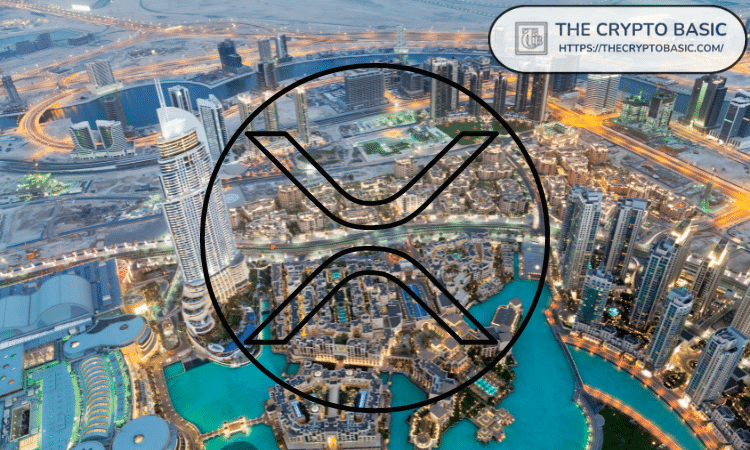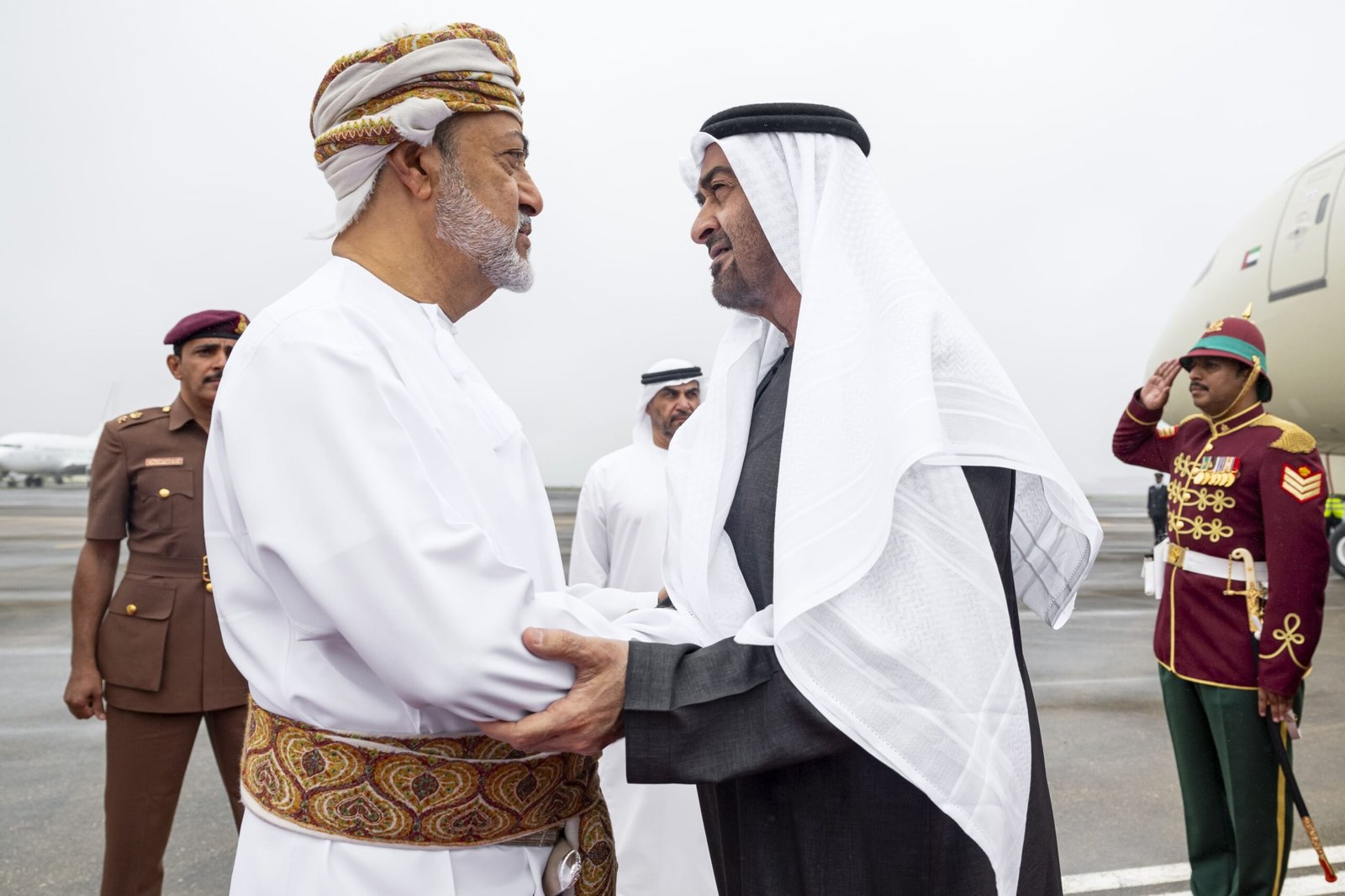
A government department in Dubai – the most populous city in the United Arab Emirates (UAE) – has launched what it describes as the Middle East and North Africa (MENA) region’s first tokenised real-estate investment project.
Based on blockchain technology, tokenisation is of growing interest to both the public and private sector globally. It its broadest sense, it refers to the protection of sensitive data by replacing it with unique digital identifiers known as tokens. Real-estate tokenisation involves transforming properties’ ownership deeds into tokens with the aim of making buying and selling more efficient.
Dubai Land Department (DLD) is working with two private companies – Dubai-based Prypco and London-headquartered Ctrl Alt Solutions – to implement the pilot, which it describes as taking place in a ‘real-estate sandbox’ (test space). The project is being undertaken in collaboration with the Virtual Assets Regulatory Authority (VARA), the Central Bank of the United Arab Emirates and the Dubai Future Foundation (DFF).
The launch has seen the activation of digital platform mint.prypco.com, which has been developed by Prypco. Prypco describes its overall business as focused on ‘simplifying the real estate journey in the UAE by facilitating mortgages, golden visas, investor visas and more.’ Its Prypco Mint website explains that ‘instead of relying on traditional methods and lengthy transactions, properties’ title deeds are registered on the blockchain, making real estate fractional ownership easier, transparent and more accessible.’ Fractional ownership is when multiple investors co-own a single property.
In an announcement (25 May) the government department described the initiative as a ‘landmark move that reinforces Dubai’s leadership in the real-estate sector and harnesses cutting-edge technologies to advance property investment’.
Global Government Fintech’s ‘Blockchain’ topic section
Dubai’s property boom
The property market in Dubai – which is both a city of also capital of the Emirate with the same name – has seen price rises of 147 per cent over the past five years, the Financial Times reported a couple of months ago, quoting a figures in the 2025 of an annual ‘Wealth Report’ published by global real estate consultancy and estate agency Knight Frank.
The same media report, describing the local property market as ‘thriving’, highlighted that another London-headquartered property firm, Savills, had ‘increased its Dubai team from 3 to 100’. It went on to state that the ‘success of Dubai is inspiring other cities around it.’
The government estimates Dubai’s overall population is about 3.9 million people, with the vast majority being non-Emiratis. The city’s skyscraper-laden skyline is evolving at a rapid rate. The world’s tallest building, the 830m-tall Burj Khalifa, is located in Dubai.
‘The platform enables users to generate returns and own a share in a prime real-estate project in Dubai,’ the government announcement states, explaining the reasoning behind the project.
It is currently available only to UAE ID holders but ‘set to expand globally in the near future, with additional platforms to be integrated in later phases, further reinforcing Dubai’s position as a global hub for innovation in tokenised real estate’, according to the announcement.
‘The project offers individuals innovative investment opportunities through the purchase of tokenised shares in ready-to-own properties in Dubai, starting from just AED 2,000 [about £400/$544],’ the government announcement continues.
It explains that all transactions are carried out exclusively in UAE dirhams (the local currency), ‘with no use of cryptocurrencies during the pilot phase’; and that ‘through the platform, investors can access comprehensive property details, ranging from pricing, risk factors and technical specifications to the minimum investment required, ensuring full transparency and informed decision-making.’
RELATED ARTICLE UAE aiming to launch retail central bank digital currency this year – a news story ( April 2025) on the Central Bank of the United Arab Emirates announcing its intention to issue a retail central bank digital currency (CBDC) – a digital dirham – during the final quarter of 2025
Multiple aims
This government announcement explains that the initiative ‘stems from a strategic partnership agreement between Dubai Land Department, Prypco and Ctrl Alt Solutions aimed at developing an innovative regulatory and operational framework for real estate tokenisation’.
It continues by stating that this partnership ‘focuses on strengthening legislation, promoting knowledge, attracting specialised asset tokenisation companies and supporting innovation while safeguarding investor rights.’
Tokenised assets are ‘projected to represent up to seven per cent’ of Dubai’s real-estate market by 2033, it states.
In its own announcement about its involvement in the initiative, Ctrl Alt Solutions describes the initiative as a ‘monumental step for asset tokenisation and the future of property investment in the Emirate’. ‘The DLD and Ctrl Alt have worked closely together on the development of a secure and compliant tokenisation framework, focusing on structuring, minting and placing real-estate title deed tokens on-chain [blockchain],’ the company explains.
The XRP Ledger (XRPL), a decentralised layer 1 (foundational level) blockchain, has been selected as ‘the blockchain of choice’ for the project, it states. The company explains that it has ‘integrated directly with the DLD to synchronise both digital and traditional real-estate ledgers, ensuring coordination between the on-chain and the conventional property registration system’. It says that ‘this enables a fully integrated and transparent tokenisation process that aligns with local regulations and enhances investor confidence.’
RELATED ARTICLE UAE ‘Financial Infrastructure Transformation Programme’ is ‘85 per cent’ complete – a news story (31 January 2025) on the CBUAE’s ‘Financial Infrastructure Transformation Programme’ (instigated in 2023)
‘DLD is leading the charge’
DLD launched an initiative called ‘Real Estate Evolution Space Initiative’ (REES) just over a year ago (may 2024) to ‘ gather thought leaders and industry professionals to spur a wave of progress capable of redefining the urban landscape.’
Ctrl Alt Solutions describes the project as having been developed as part of REES and ‘marks the first time in the Middle East that a government real-estate registration authority has implemented a public blockchain-based tokenisation of property title deeds.’
‘With this move, the DLD is leading the charge toward a more accessible, transparent and efficient real-estate market, enabling fractional ownership, broadening investor participation and enhancing operational efficiency,’ the company states.
A further company is also mentioned in the government announcement. Zand Digital is described as ‘banking partner’ for the pilot phase. Zand describes itself on its website as the ‘first fully licensed all-digital bank in the United Arab Emirates was founded to support the digital economy and bridge the gap between Traditional Finance (TradFi) and Decentralised Finance (DeFi).’
The Dubai Future Foundation exists to ‘build a cohesive innovation ecosystem that includes, accelerator programs, incubators, labs, regulatory sandboxes, and knowledge platforms – all with the purpose of challenging the status quo and designing a future-ready city powered by future leaders and disrupters.’





